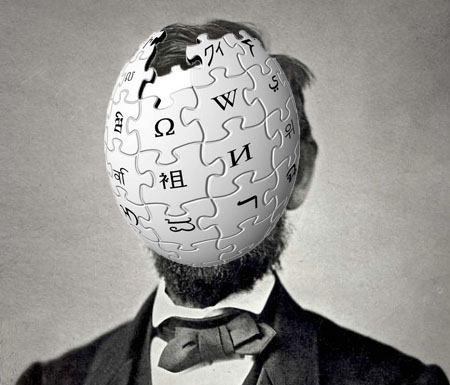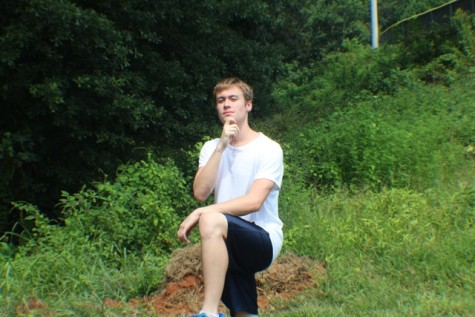Wikipedia and Credibility

Wikipedia as gotten a bad rap over the years. Some information on the site may be more honest and accurate than one might think.
November 19, 2015
Wikipedia, one of the most visited informational website on the Internet, frequently receives a poor reputation in schools and other educational facilities for being, as their catch line says, “a free encyclopedia that anyone can edit.” Citing Wikipedia as a source often invalidates the credibility of presentations and otherwise professional projects. Academic institutions tell students that Wikipedia is not reliable and full of false information. While these claims have an arguably reasonable basis, they do not follow up properly. A stereotype has developed around Wikipedia as a defective source and muddied the waters of what should be one of the greatest accomplishments of mankind. All of the vast knowledge compiled from countless mathematicians, researchers, and historians – across the entire span of human history no less – resides within a public domain, easily accessible from any location.
Moreover, Wikipedia exists as one of the most reputable and reliable sources of information globally, and the aforementioned academic institutions should be ashamed for denying students the ability to utilize it.
Wikipedia ranks as the 7th most visited website in the world. It receives more traffic every year than Twitter and Ebay. If what previously stated by academic institutions is true, then certainly Wikipedia should be a garbled mess, riddled by fake edits by the abundant trolls and jokesters on the internet. Clearly, Wikipedia does not exist in such a state. Googleing any topic will usually result in Wikipedia coming up in the top search results, and these pages contain clear, concise information. Indeed, simply visiting the front page reveals that Wikipedia displays accurate, periodically updated news and current events. While the internet is indeed a magical place, this list of up to date events and plethora of clean pages do not result from wizardry.
A wide and diverse moderating staff frequents the change logs of Wikipedia often, reversing faulty changes, page vandalism, and other malicious edits to the many documents of Wikipedia. Some of these moderating staff include the founders of Wikipedia, particularly reputable public contributors (with thousands of edits), and perhaps most importantly of all, ClueBot, an automated robot that uses complicated algorithms and blacklisted words to catch and remove vandalism. Vandalism has challenged Wikipedia from the beginning of its existence, and the moderating team takes intense measures to combat it.
On top of a broad and dedicated moderating staff, Wikipedia also has built in page protection. In the top right corner of any page, one can check to see if a padlock exists there, and if so, that means the page has some level of protection. The most common is semi-protected, and while this may seem like a lackluster security rating for a page, one must consider that all important slogan, “A free encyclopedia that anyone can edit.” Moreover, semi-protected pages are more secure than the name implies; these pages are not easy to edit. In order to edit a semi-protected page, a user must have a registered account that has existed for over four days, and has accumulated a total of ten edits. Pages that are vandalized often, like the biographies of living people – often politicians or celebrities – usually receive the semi-protection status.
As always, it is important to remember that not everything on the Internet is true. While Wikipedia is more reliable than schools give it credit for, fact checking and cross referencing information – particularly sketchy or astounding information – with other sources remains as an important part of research. Looking for the padlock that indicates semi-protection will assist in keeping information authentic and accurate. One should be careful when using public editing forums. After all, North Forsyth is not currently constructing a new pool.



